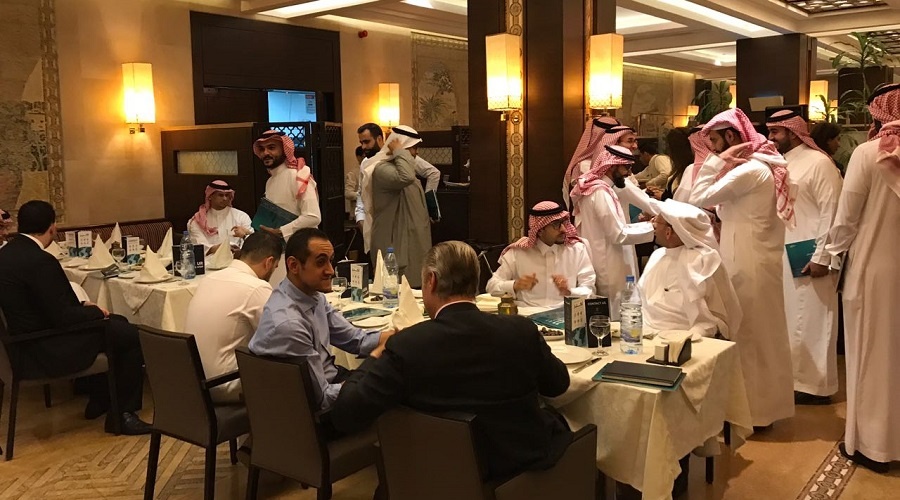Wamda reveals insights about the Saudi entrepreneurial ecosystem

“Cloning ecosystems might not necessarily work, and might not be sustainable given the different characteristics of each country. Saudi Arabia has a unique culture and heritage, and you can benefit from this opportunity by localizing what you offer.”
This is how Walid Faza from Wamda started his speech at the launch of the Wamda Research Lab (WRL) report, “The Kingdom of Saudi Arabia: Status of the entrepreneurship ecosystem”, during the Majlis Al Riyada Suhoor in Riyadh on Monday.
The high-level non-exhaustive report, offers a snapshot of where the ecosystem stands today, highlighting its status, challenges, and opportunities.
The number of entrepreneurship support organizations, such as funds, coworking spaces, incubators, and accelerators, has nearly tripled between 2011 and 2015, growing from 13 between 2006 and 2010, to 36, as per the report.
Most of these organizations are located in Riyadh, one of the four ecosystems in Saudi Arabia in addition to Jeddah, Eastern Province, and Makkah.

Faza said: “Saudi Arabia is the focal point of the Middle East, given its size, its economy accounting for one quarter of the region’s GDP, and its large young population”.
The report showed that the Saudi ecosystem has significantly grown in the past five years, with the increase of government initiatives and entrepreneurship support organizations.
Faza highlighted Sharia-compliant funds, religious tourism and embracing new technologies to enable women enter the workforce while respecting the local culture and habits, as rising opportunities in the country.
The event was attended by active players in the ecosystem from both the public and the private sectors in addition to entrepreneurs.
A panel followed to discuss the opportunities to enhance the role of entrepreneurship and youth and to empower women as part of Vision 2030.

The discussions were interactive between panelists: Tariq Al Shathry of SME Authority, Nawaf Al Sahhaf CEO of Badir program for technology incubators, Khalid Al Khudair founder of Glowork that connects female job seekers with employees, Nour Al Hassan CEO of Tarjama for translation services, and Alanoud Alqahtani founder of FixTag, all female-run company that fixes cellphones.
Al Sahhaf said that Badir has plans to increase the support they provide to entrepreneurs, mainly through collaborating with corporates. “The numbers of applicants involved in the Badir programs is increasing as well as the quality of the projects they are bringing”, he added.
Alhassan, who said that the government and the private sector should trust startups and give them extra space to demonstrate their potentials, announced her three wishes: regulations, access to market, and access to capital.


